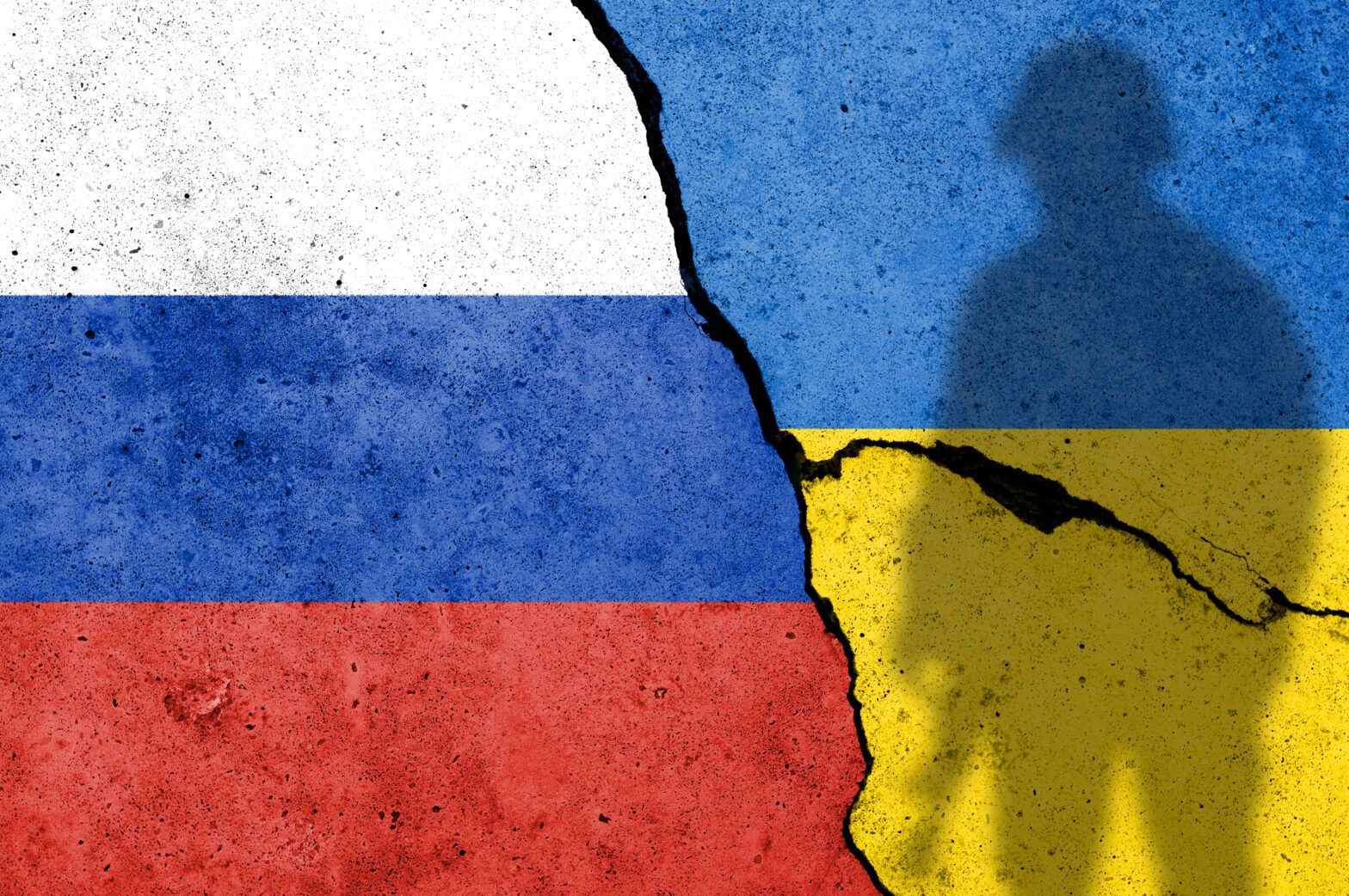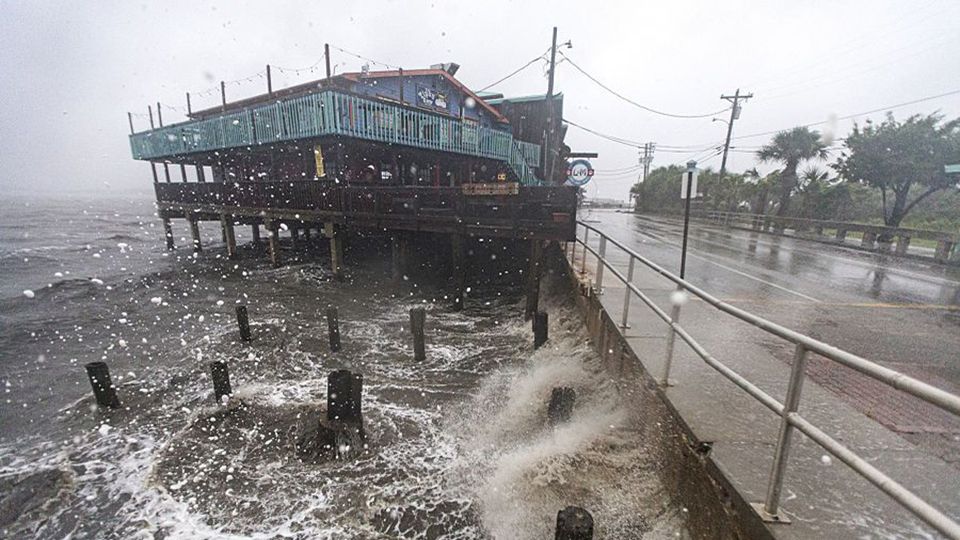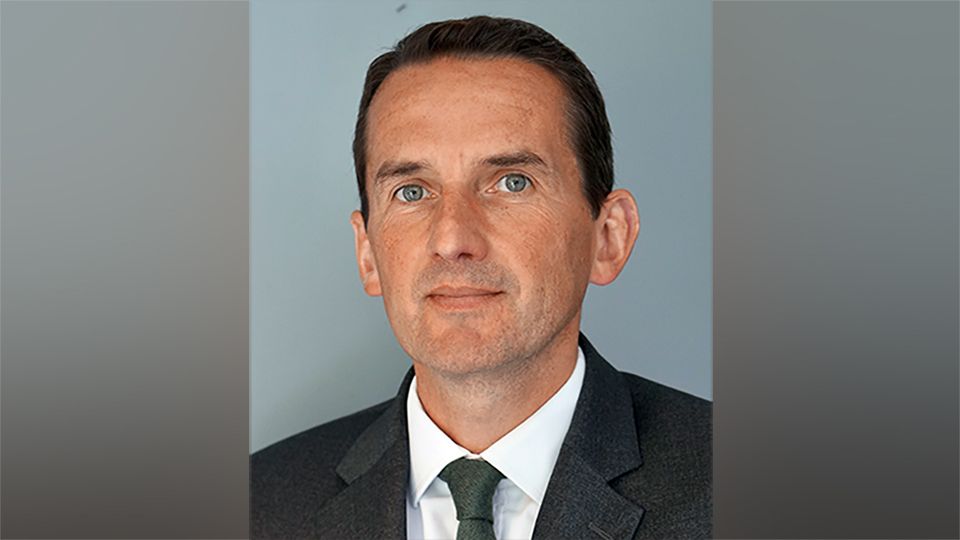If you work in sustainable finance, you are looking at the crises the world faces every day, and looking for investments that will help.
But despite being used to working on issues such as global inequality and climate change, it does not mean witnessing the biggest military invasion in Europe since the World War II is any less harrowing.
This is the second day of Russia’s invasion of Ukraine – Russian forces are moving closer to Kyiv and the death toll devastatingly continues to climb.
ESG investors already know, from all the time spent looking for solutions to global issues and seeing the interconnectedness of things, this war will cause ripples that will exacerbate old problems or form brand new challenges for the global community. There are those at the heart of the conflict, most impacted and experiencing unimaginable suffering, and there are the wider effects rapidly taking hold. The sustainable finance community will need to be bold and innovative to channel investments to where they are needed and to seek to make investments sustainable and resilient in our multi-crisis reality.
Energy and food
Energy prices are predicted to rise with oil prices having already spiked and gas prices going up. Understandably, this is causing calls for energy independence to get louder. But this appeal is not only coming from those backing renewables, it is also coming from those who want to see more investment in oil and gas in the UK. Things will be moving fast and there is a risk long-term security from a stable climate will be sacrificed for shorter-term energy security.
Similarly, food prices are expected to rise further as supply of wheat from Russia and Ukraine is disrupted. According to ESG Clarity‘s sister title Portfolio Adviser, William Davies, global chief investment officer at Columbia Threadneedle Investments, said: “We expect to see an increase in energy prices and grain prices across emerging markets, which is likely to have an impact on commodities globally.” These price changes will, in turn, impact inflation. I don’t envy all those trying to factor all of this in to their market forecasts.
Refugees and climate change
We have seen enough projections on the increase of refugees due to conflict and climate change and other megatrends to know this will be a huge challenge for humanity – some predict there will be one billion displaced people by the year 2050. This current conflict looks set to speed up the trend. Portfolio Adviser also quoted Stefan Kreuzkamp, chief investment officer at DWS, who said: “Already now, we believe Europe has to prepare for a bigger influx of refugees.”
Climate change, if you like, is the ultimate megatrend. If it is not at the forefront then it is never far away from the decisions we are having to make about the future. One of the major challenges for the investment community as we move forward, is going to be balancing urgency. The climate and ecological emergency is unprecedented, which means all combinations of that crisis with other urgent crisis are also unprecedented. How do we continue ensuring enough resources and capital is finding its way to addressing climate change when a war breaks out?
Moving wealth and hidden wealth
Finally, there are, of course, formal sanctions investors must navigate, and for ESG strategies there are going to be big questions for those invested in Russia and any states that become formal allies with Russia in this conflict. Where will China stand in relation to this military invasion when it has recently been supportive of Russia’s expansionist ambitions?
And when so many states act in unison to target Russian wealth in a bid to weaken its hand, the investment community is having to take a long, hard look at secrecy jurisdictions like Switzerland. It is in moments like this the financial privacy such jurisdictions offer seems, more than ever, to undermine concerted efforts at rooting out corruption and illegal activity.
If sustainable finance was a difficult balancing act before, it is going to get more so. But it is also the area in finance best placed to understand and support recovery from crises, while still looking at how to avoid the next one.









